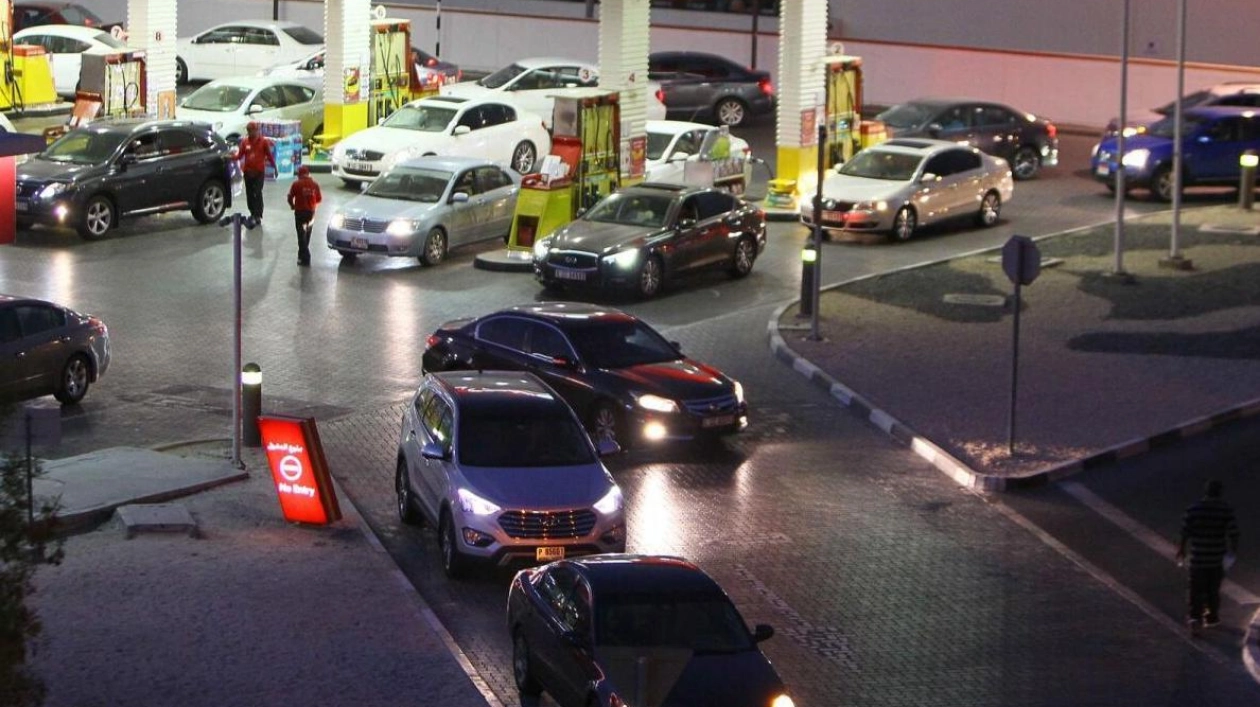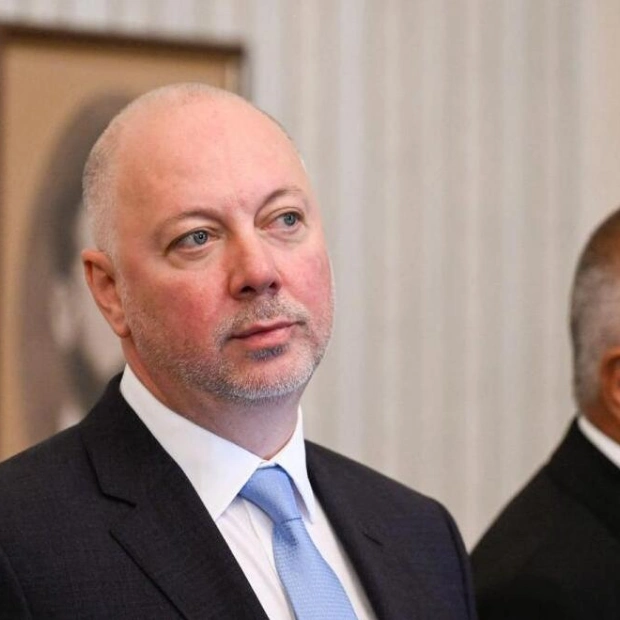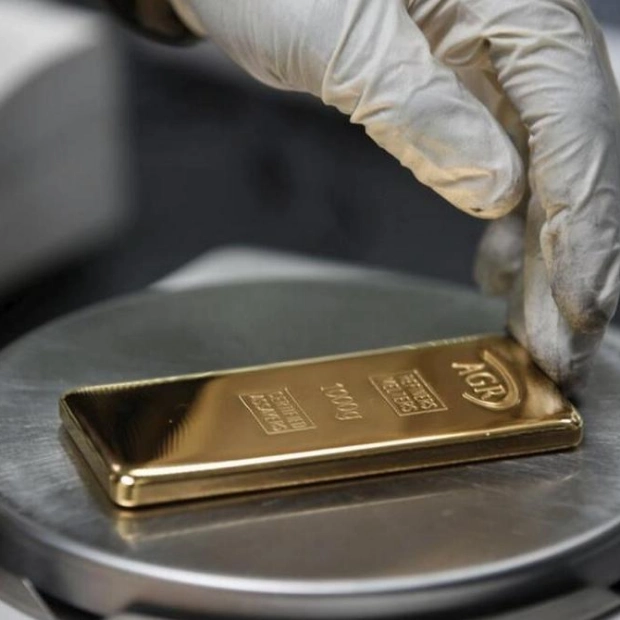Fuel prices in the UAE are projected to decrease in June, following a predominantly lower global oil pricing trend in May compared to the previous month. Throughout May 2024, the Brent crude mostly traded between $82 and $83 per barrel, with an average of $83.35, in contrast to the previous month's average of $88.79. This decline in prices was attributed to ample crude supply and decreased demand in Asia.
The Fuel Price Committee in the UAE reviews the retail petrol rates at the end of each month to align them with the global crude prices, in accordance with the deregulation policy. In May, petrol prices were increased for the fourth consecutive month due to heightened geopolitical tensions in the Middle East, leading to higher global rates. Super 98 was sold at Dh3.34 per litre, Special 95 at Dh3.22 per litre, and E-Plus at Dh3.15 per litre, marking the highest prices in the past 7 months.
Vijay Valecha, the chief investment officer at Century Financial, stated that oil prices had risen during the year due to Middle East tensions and production cuts by OPEC and its allies. However, prices softened from early April due to abundant supply outside the group and reduced demand in Asia. He also mentioned the upcoming online meeting of OPEC+ and the anticipated extension of production cuts into the second half of 2024.
Ipek Ozkardeskaya, a senior analyst at Swissquote Bank, highlighted the supportive geopolitical environment for further price gains, coupled with rising US summer demand and OPEC's cautious stance regarding its outlook. She also noted China's substantial efforts to stimulate its faltering property market, which contributes to the buoyancy of oil and commodity prices. Although sentiment in the oil market leans towards an upward trajectory, there is a significant risk of a potential downturn above the $80-per-barrel level if central banks alter their rate reduction plans in the summer, consequently impacting the demand outlook for oil and limiting its recovery.






